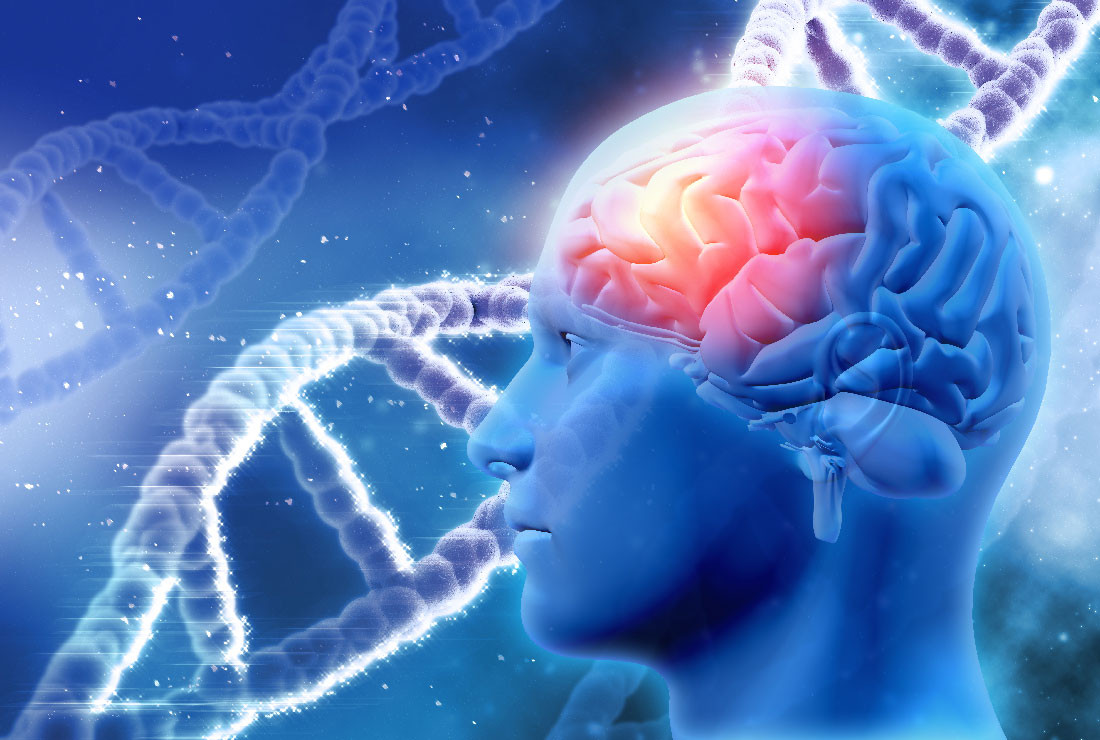Wernicke-Korsakoff Syndrome: Symptoms, Causes, Treatment
What are the symptoms of Wernicke-Korsakoff syndrome?
Wernicke-Korsakoff syndrome (WKS) is a neurological disorder that results from a deficiency of thiamine (vitamin B1), typically due to chronic alcohol consumption. It is actually two separate syndromes with overlapping symptoms:
- Wernicke’s encephalopathy: This is the acute phase of the syndrome and is characterized by symptoms such as:
- Confusion and impaired thinking
- Ataxia (loss of muscle coordination)
- Ophthalmoplegia (paralysis of eye muscles), which can cause abnormal eye movements, double vision, or drooping eyelids
- Nystagmus (involuntary, rapid eye movements)
- Weakness
- Fatigue
- Memory loss
- Confabulation (the production of fabricated, distorted, or misinterpreted memories)
- Apathy or indifference
- Korsakoff’s psychosis: This is the chronic, long-term phase of the syndrome and is characterized by symptoms such as:
- Severe memory loss, particularly short-term memory loss
- Confabulation to fill in gaps in memory
- Difficulty learning new information
- Lack of insight into the memory deficit
- Personality changes
- Emotional disturbances
It’s important to note that not all individuals with WKS will experience all of these symptoms, and the severity of symptoms can vary. WKS is considered a medical emergency, particularly Wernicke’s encephalopathy, which requires immediate treatment with thiamine to prevent permanent brain damage. If you or someone you know is experiencing symptoms of WKS, it’s crucial to consult your healthcare provider promptly.
What are the causes of Wernicke-Korsakoff syndrome?
Wernicke-Korsakoff syndrome (WKS) is primarily caused by a deficiency of thiamine (vitamin B1) in the body, which is typically due to chronic alcohol consumption. Thiamine is an essential nutrient that plays a key role in energy metabolism and the function of nerve cells.
Chronic alcohol consumption can lead to thiamine deficiency through several mechanisms:
- Poor nutrition: Alcoholics often have poor diets lacking in essential nutrients, including thiamine.
- Impaired thiamine absorption: Alcohol can interfere with the absorption of thiamine in the gastrointestinal tract, leading to decreased thiamine levels in the body.
- Liver damage: Chronic alcohol consumption can lead to liver damage, which can impair the liver’s ability to store and convert thiamine into its active form.
- Increased thiamine requirements: Alcohol metabolism increases the body’s requirement for thiamine, leading to depletion of thiamine stores.
- Direct toxic effects: Alcohol and its byproducts may have direct toxic effects on brain cells, contributing to the development of WKS.
Other less common causes of thiamine deficiency and WKS include:
- Malnutrition due to other causes
- Gastrointestinal disorders that interfere with thiamine absorption
- Prolonged fasting or starvation
- Bariatric surgery that affects nutrient absorption
- Certain medical conditions that increase thiamine requirements or interfere with thiamine metabolism
It’s important to note that not all individuals who consume alcohol chronically will develop WKS, and other factors, such as genetic predisposition and overall health status, may play a role in the development of the syndrome. Early recognition and treatment of thiamine deficiency are crucial in preventing the development of WKS and its long-term complications.
What is the treatment for Wernicke-Korsakoff syndrome?
The treatment for Wernicke-Korsakoff syndrome (WKS) typically involves addressing the underlying thiamine (vitamin B1) deficiency and managing the symptoms of the syndrome. Treatment may include:
- Thiamine supplementation: Thiamine is typically administered intravenously (IV) in high doses to rapidly replenish thiamine levels in the body. This is often the first step in treatment and is crucial in preventing further neurological damage.
- Nutritional support: In addition to thiamine, individuals with WKS may require other nutrients and vitamins to address any nutritional deficiencies that may be present due to poor diet or malabsorption.
- Management of symptoms: Medications may be used to manage symptoms such as confusion, memory loss, and psychiatric symptoms. These may include sedatives, antipsychotics, or antidepressants, depending on the individual’s symptoms.
- Physical therapy: Physical therapy may be beneficial to address any muscle weakness, coordination problems, or other physical impairments that may result from WKS.
- Counseling and support: Counseling and support from healthcare providers, therapists, and support groups can be helpful for individuals with WKS and their families to cope with the emotional and psychological effects of the syndrome.
- Alcohol cessation: For individuals with alcohol use disorder, treatment may also involve addressing the underlying alcohol addiction through counseling, support groups, and medications to reduce cravings.
It’s important to note that the prognosis for WKS can vary depending on the severity of the condition and the extent of neurological damage. Early recognition and treatment are crucial in improving outcomes and preventing further complications. Following treatment, some individuals may experience partial or full recovery of cognitive function, while others may have persistent cognitive deficits. Regular follow-up with healthcare providers is important to monitor progress and adjust treatment as needed.




